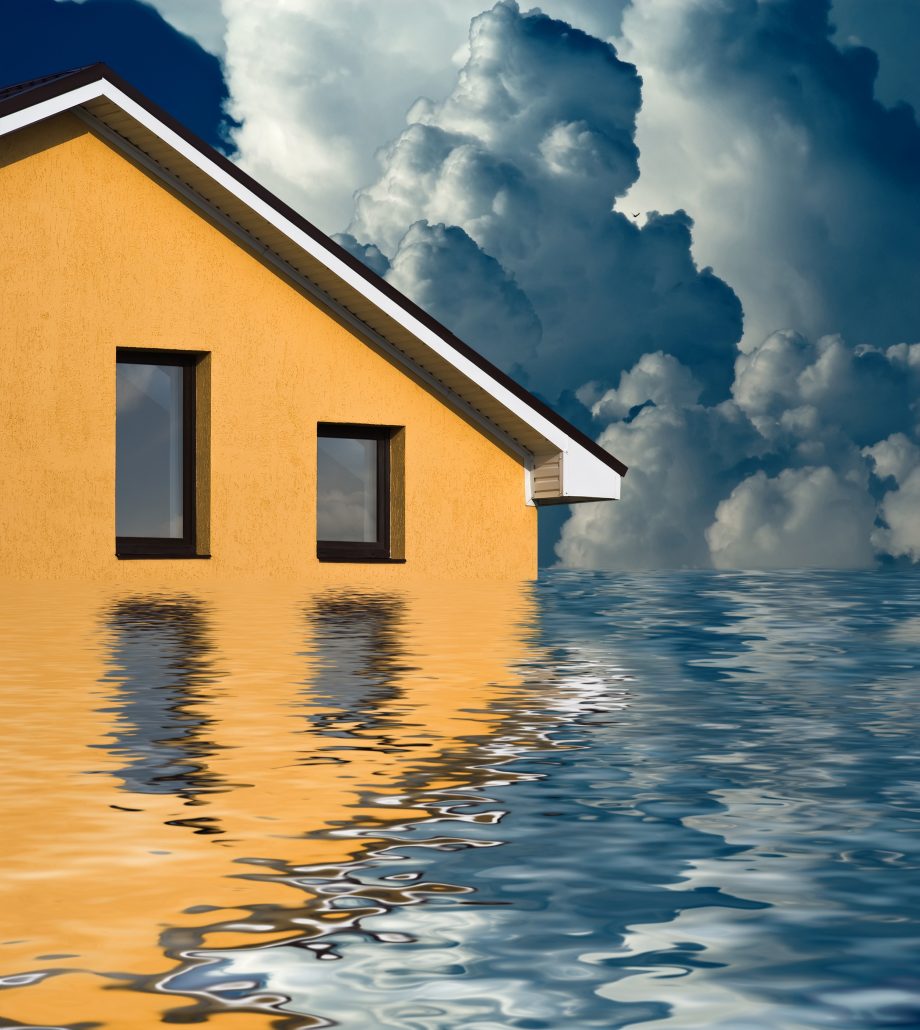The devastating path of Hurricane Harvey has caused unprecedented and catastrophic flooding throughout southeastern parts of Texas. The Lone Star State has been all over the news since the tropical cyclone touched down, becoming the first major hurricane to make landfall on American soil since Wilma in 2005.
Some areas received over 40 inches of rain in a 4 day period, with peak accumulations reaching as high as 51.88 inches. The flooding and damage from the storm has besieged hundreds of thousands of Texan homes, displacing over 30,000 people.
Since its initial landing in Rockport, Texas there are reports of at least 46 confirmed deaths.
Sadly, the tragedy is not yet over. As efforts continue to pour in to relieve the suffering communities, Brock Long calls Hurricane Harvey the worst disaster in Texas history. Long says the expectation of recovering from this destructive natural disaster will take many years.
Still, there is hope. Houston Mayor Sylvester Turner is telling the world that they are happily on the road to recovery. Turner states:
“We’ve turned a corner,”
Yesterday the Mayor also noted there are already numerous signs of hopeful progress, including:
- Declining shelter numbers
- Power restored to most of the region
- The Astros’ doubleheader on Saturday
- More Metro bus lines resume service Friday
- Shipping channel reopening on limited basis
Leave it to the state where they do everything bigger to have such an inspiring bounce back after facing such difficulties. Our thoughts and prayers are with everyone where the motto is friendship and the country is uniting to help those in need.
As the nation pulls together during a time of crisis, so too must an individual pull their own personal resources into maintaining their mental, emotional and physical well-being in the face of disaster. So to add more to the conversation, we want to talk about 5 ways to stay sober during a natural disaster.
The news of another possible threat in the form of Hurricane Irma has been worrying many communities, while there has yet to be a definite answer as to whether or not it will make landfall in the United States, and if so- where.
So let us talk about something that is important for those in the recovery community to keep in mind.
Trauma and Relapse
We want to point out that because natural disasters can be traumatizing experiences, they can put some who are struggling to overcome addiction in a more compromised position. These events stir up anxieties concerns important parts of life, like:
- Personal security
- Physical health
- Relationships
- Psychological well-being
Even healthy people with no history of substance use disorder are frequently traumatized by these sudden and uncontrollable events.
Therefore, it only makes sense that some who are unequipped with healthier coping mechanisms will often turn to trying to escape these fears with drugs or alcohol. It is their natural defense.
Some may find that the traumatic event itself does not inspire cravings, but the aftermath is far more influential. Survivors of natural disasters may be more vulnerable to relapse as they struggle to cope with what has happened.
5 Ways to Stay Sober During a Natural Disaster
-
Have a network
One way that people are able to stay sober during a natural disaster is that they have a strong network of reliable friends, other individuals in recovery and even sometimes counselors they can stay in contact with. Keep your A-team on speed dial and stay in touch with them, even when the disaster is over.
-
Keep honest
This is pretty much always crucial, but we should emphasize it because too many people will overlook it when it matters the most. Stay honest with those around you about your emotions and how the disaster has affected you, especially when you are feeling like you are in a bad place.
-
Maintain a routine
Having a routine, even in the face of tremendous difficulties, can help you to retain some semblance of normalcy while dealing with a tragedy. When trying to stay sober during a natural disaster you may find comfort and coping skills in the simple things like taking care of your hygiene, exercising or even meditating. Have a healthy routine to fall back on when the dust settles.
-
Help others
Helping others is already a huge part of continued sobriety for a lot of people. Many recovery programs promote a life-style that suggests helping others and being of service. Do what you can to be there for those around you, and your community. However, always remember to take care of yourself as well. Don’t push yourself too far and avoid putting yourself in danger.
-
Find a support group
While support groups already exist for those in recovery, sometimes they are especially useful with trying to stay sober during a natural disaster. Don’t rush out in the midst of something dangerous trying to get to a meeting, but immediately after the traumatic events seek out a support group or some form of counseling to help you process the tragedy. Even if you don’t feel specifically vulnerable at the time, it is healthy and productive to try and connect with others in a time of crisis.
In fact, if not for you… do it for them.
There is often no way to predict how something so damaging will show up in your life and what it may do to you physically, mentally or emotionally. Yet, having an effective strategy in place might help you be ready for anything.
Do everything you can to make sure that you stay sober during a natural disaster, so that one tragedy doesn’t create another in your life.


